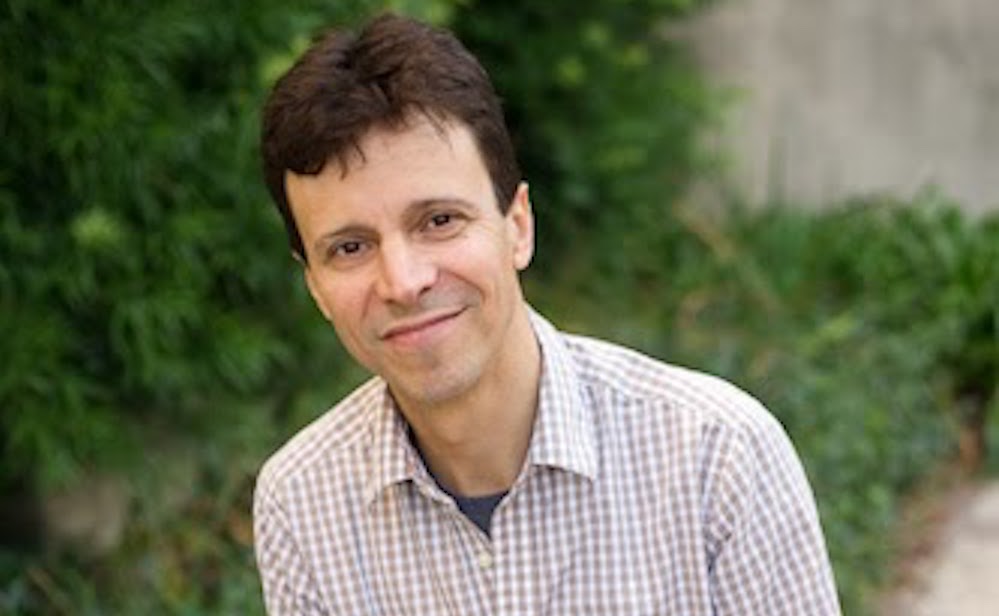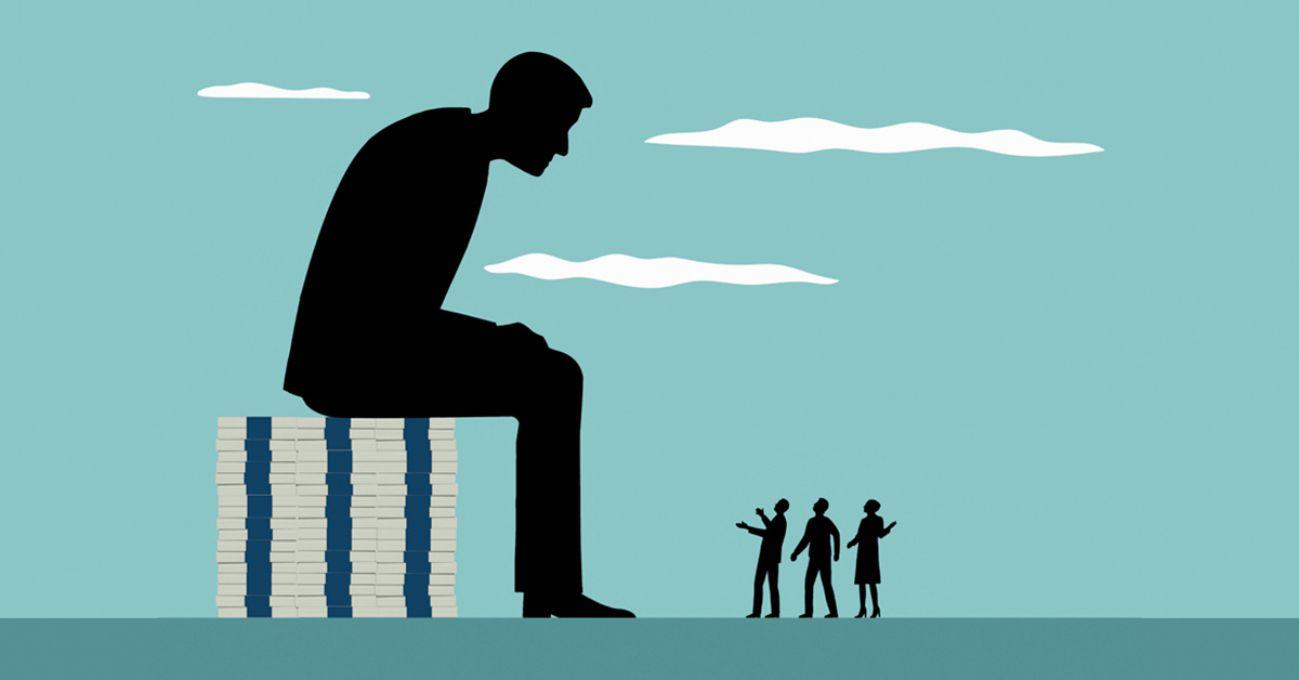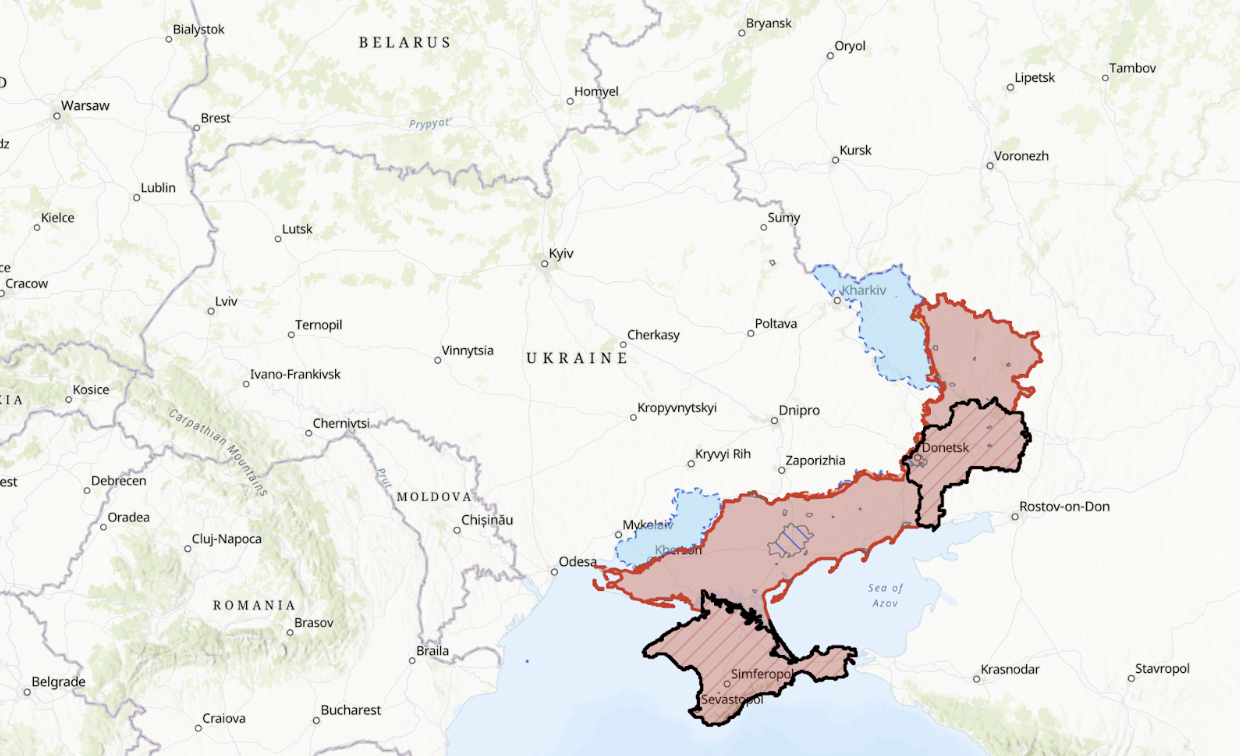
GRACE JANG – MARCH 17TH, 2020
INTERVIEW DATE – MARCH 12TH, 2020
Andres Rodriguez-Clare is a Professor of Economics at UC Berkeley, Director of the Trade Research Programme at the International Growth Centre, and a Research Associate at the National Bureau of Economic Research. His research interests include industrial policy, multinational production and technology diffusion, economic growth, and the gains from trade.
Q: Good morning, Professor. I would like to start by asking about your background and the experiences that influenced your interest in Economics.
A: I like Math, and I also like Philosophy and Politics. I thought Economics would be a very interesting way of doing something that was at an intersection of these interests. Also, my father is an Economist in Costa Rica; he got his PhD from Berkeley. When I grew up, I would see the books that he had, and I would take a look at those books and talk to him about it. I grew up in an environment where Economics was very present. My father was also involved in many conversations about policy at the level of the economy, and that had an impact on me. I thought those conversations were very stimulating, and I wanted to better understand those policy aspects myself.
Q: What led you to decide that you want to pursue a PhD in Economics and become a Professor as opposed to other career options in Economics?
A: I studied Economics at the University of Costa Rica. That was in the 80s. The university actually was quite good. They had very good professors who had done their PhD in the US and who are now in important positions. For example, I studied Public Finance from a person who was the Minister of Finance when he was teaching. There were other examples like that. I learned International Microeconomics from somebody who was the head of one of the major banks in Costa Rica. We were taught Monetary Economics from somebody who, just a few years later, was a President of the Central Bank. So there was this amazing combination of people who were solid as Economists and had done their studies in the best places in the US, and were now in the positions of important influence in Costa Rica. They were taking their time off their schedule to teach at the university. So that was very stimulating. I decided I wanted to continue studying Economics, and a way to do that was to get a PhD.
At that point, professor wasn’t something that crossed my mind. In Costa Rica, full-time professors weren’t well-paid; usually we had people who worked at banks or owned some business while engaging in policy discussion and teaching at the University of Costa Rica. I thought that’s what I would do; the role models I had were people doing that. But once I came to the US to get my PhD at Stanford, I saw academia was quite nice. You could continue doing research and teach. So by the time I was finishing my PhD, I was doing well, and they suggested that I go on the job market and get a job in academia. That happened, and I did that for a few years.
Q: Do you have any plan on returning to Costa Rica?
A: No, for now, I don’t have plans like that. I already did that. When I finished my PhD at Stanford, I went to Costa Rica for a year, then I came back to Chicago for three years, then I went back to Costa Rica for five years. These two trips were because my father entered politics—he ran for President—and I helped him with his campaign and presidential work. I learned a lot and enjoyed it, but I doubt that I would ever have a condition again to do it in such a good way. In this case my father was the President, so I had perfect access to the government, and there were no issues that usually arise when you want to enter into politics like competition and people wanting to influence the President. I don’t think that it would be as nice again. Plus, I’m happy here teaching and doing research. So for now I’m not thinking of going back.
Q: You have taught at Harvard, MIT, University of Chicago, and Penn State University before coming to UC Berkeley. Based on your experience, what are some differences and/or similarities between the Economics departments of these universities?
A: At Harvard and MIT, I didn’t get to experience them in the same way as the others because I was visiting. At that time, I was living in Washington D.C., where I was working at the Inter-American Development Bank, and I would fly back and forth between the D.C. and Boston weekly. So I don’t think I can really compare. For Chicago, I think it’s a great, very intense environment. It’s known for people being very passionate about Economics and the power of market and incentives. I was just coming out of my PhD, and I learned a lot in a place with great Economists. At Penn State, I had tenure and was more established. I enjoyed that too. I had a very good group of colleagues in a small town, where I could focus on academics and research. Then I moved here. I’ve been here for nine years, and this has been the best place so far. I love my colleagues and have very good students. Also, Berkeley is a great place to live.
Q: A common view is that UC Berkeley Economics is more non-conventional than places like University of Chicago. What do you think about this?
A: Yes, I would say that’s right. I think Berkeley puts more emphasis on deviations from rational expectations as in Behavioral Economics; inequality; and empirical approach to Economics, as in all the works on randomized controlled trials. And then we have all the work that’s being done in Labor Economics and Public Finance. I didn’t see as much of this at Chicago, or at least in the 90s when I was there. I think that’s one of the strengths of Berkeley. It’s a very open place, where there is less adherence to tradition and more openness to things that may contradict the way we thought about Economics in the past, and more following the data and what the empirics are telling us.
Q: What led you to choose international trade as your subfield?
A: That goes back to my studies of Economics ay the University of Costa Rica in the 80s. This was a time when Costa Rica was moving from policy of import substitution and protectionism. That system went along with high rates of growth in the 60s, but that was a time when most countries in the world were growing pretty fast. Then in the 70s, we had the oil crisis and recessions in many places, and then big crises in the beginning of the 80s in Central America. Costa Rica then started discussing the need to open up to trade. There were many interesting debates on whether we needed to do it at all and how fast to do it. So that time was very stimulating intellectually because there were very different views on what the country should be doing, and a lot of that was about trade policy. And Costa Rica being a small country, trade policy was very critical to its performance because Costa Rica relies a lot more on trade than, let’s say, the US, which is a large country and doesn’t rely as much on trade. So I thought I wanted to understand how international trade affects a country’s possibility to grow and how efficient the economy would be, and what the implications would be for distribution and inequality.
Q: Going further from that, you taught us various theories of International Trade. Which one do you think best fits the reality?
A: I think they all have something to tell us. The way to think about it is, the reality is complex, and we can understand it in parts. I like to think about the Heckscher-Ohlin model telling us something about how international trade affects factor prices and skill premiums. And I like to think about the Offshoring model also affecting skill premiums and employment opportunities for workers of different skills. I like to use the Specific Factors model to think about how people with very specialized skills will be positively or negatively affected by trade, depending on whether their sector grows or shrinks. So different models tell us different things, but they are all capturing different slices of reality.
Q: Could you tell us about the research work you’ve done in the past and research areas you’re currently looking into? How are you thinking of collecting your data?
A: I’ve been working on the ways of understanding how big the gains are from trade. More recently, I’ve been working on understanding how those overall gains are distributed across different groups of people, with a particular application to the way the China shock has affected different groups. It has overall benefits, but it also has costs, especially for groups employed in sectors that are competing with imports from China. I have a paper that puts together a general framework that can help us compute these distributional implications.
In recent years, I’ve been thinking about the effects of all that on employment. The work I was describing before focuses on welfare and real wages. Within the tradition of international trade, labor supply is perfectly inelastic, so all the effects of trade are happening through prices—price of labor and price of goods. But more recent research tries to see how those shocks affect employment, both because people may decide to drop out of the labor force and because unemployment rate increases. During and before the Great Recession, there was a time of higher unemployment, and there is a question of how much of that can be traced back to the China shock.
Most of my work is theoretical, so I usually use widely available data, like those produced by the Bureau of Economic Analysis or the Census. My research doesn’t need to go out and generate my own data.
Disclaimer: The views published in this journal are those of the individual authors or speakers and do not necessarily reflect the position or policy of Berkeley Economic Review staff, the Undergraduate Economics Association, the UC Berkeley Economics Department and faculty, or the University of California, Berkeley in general.


